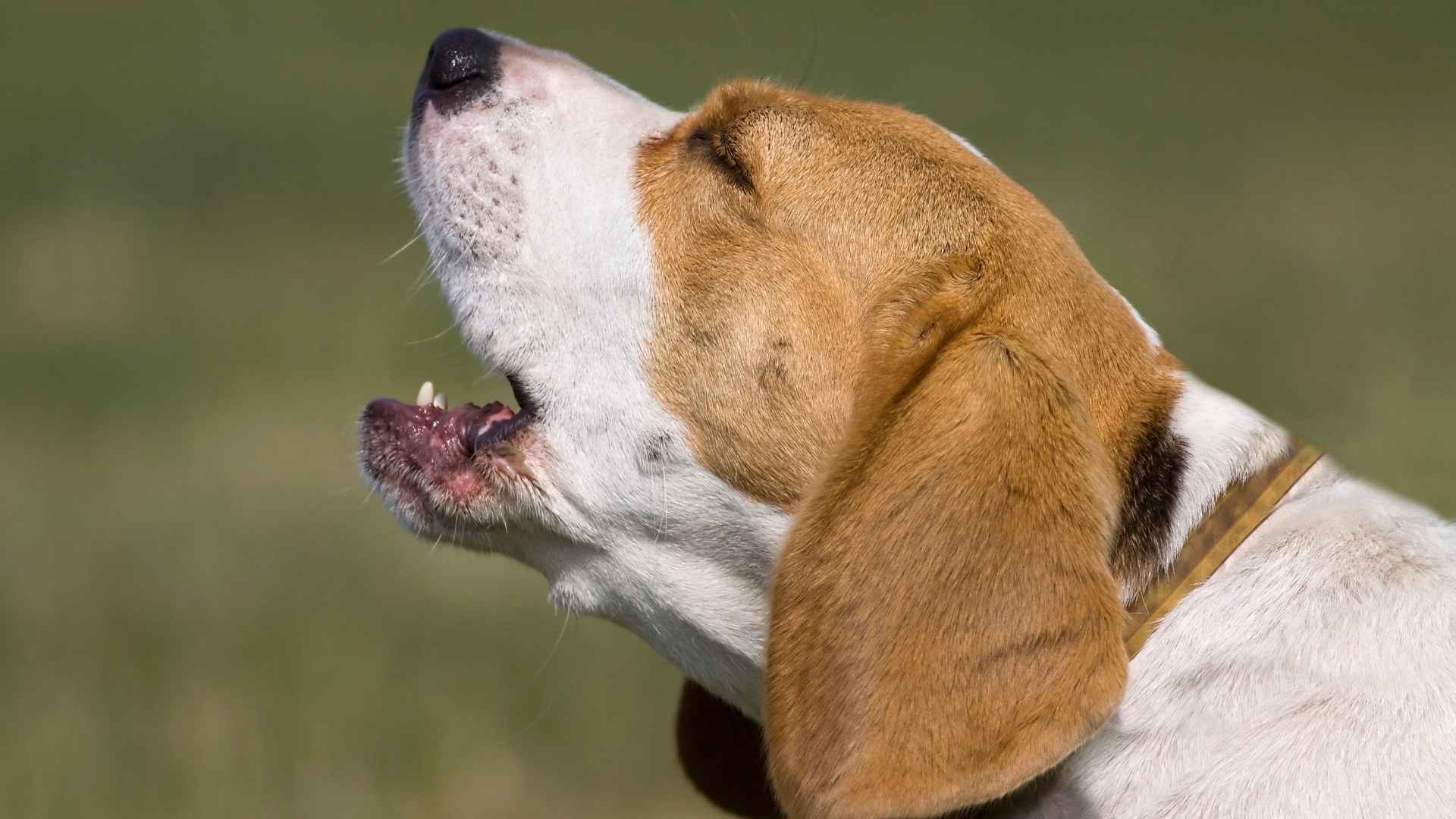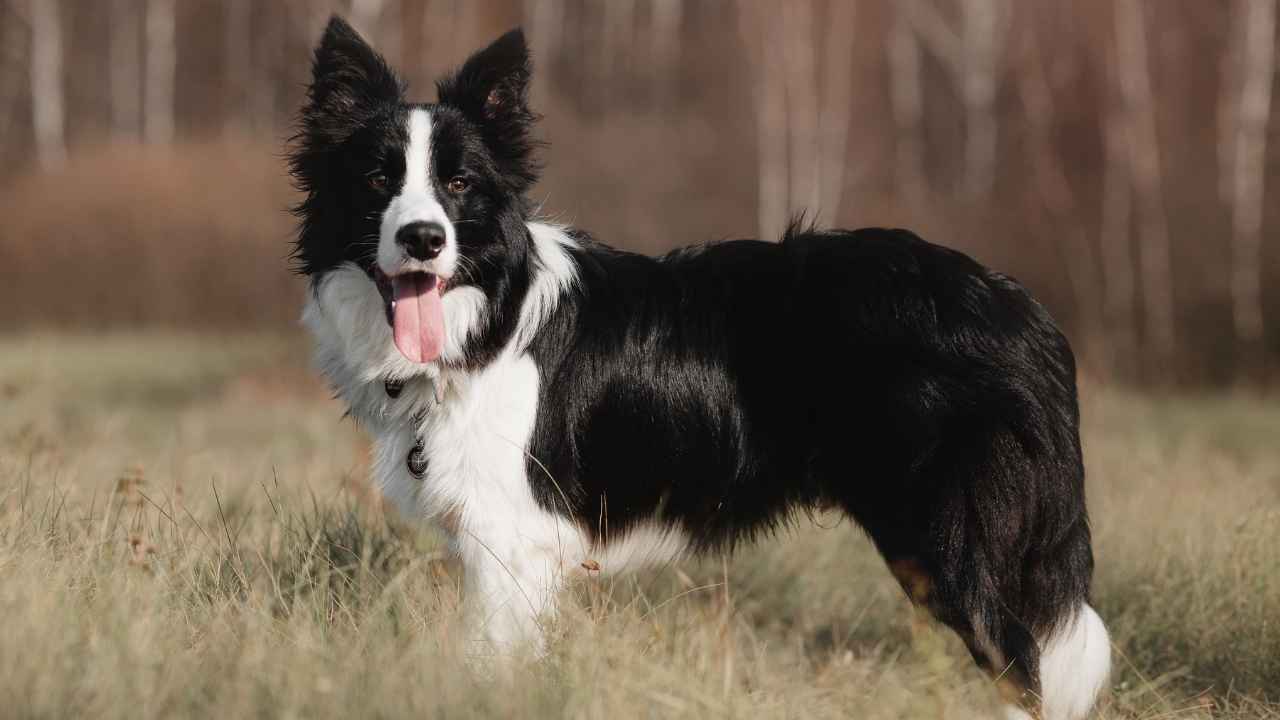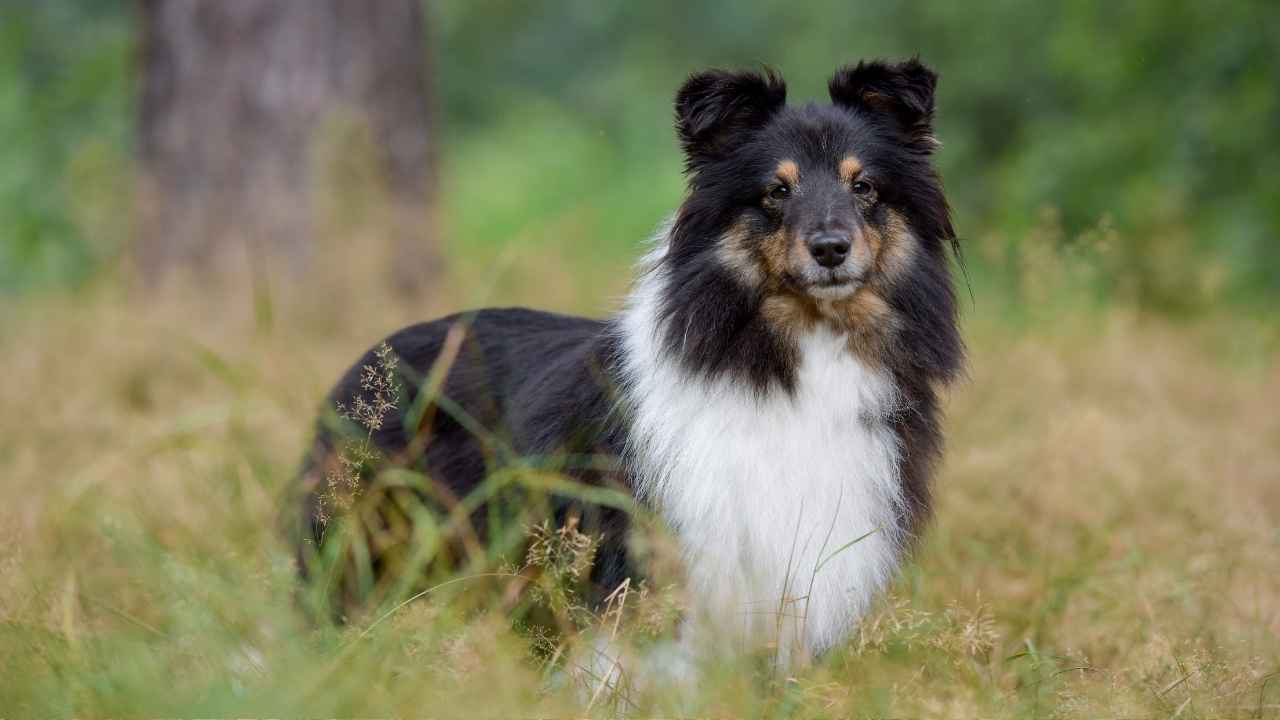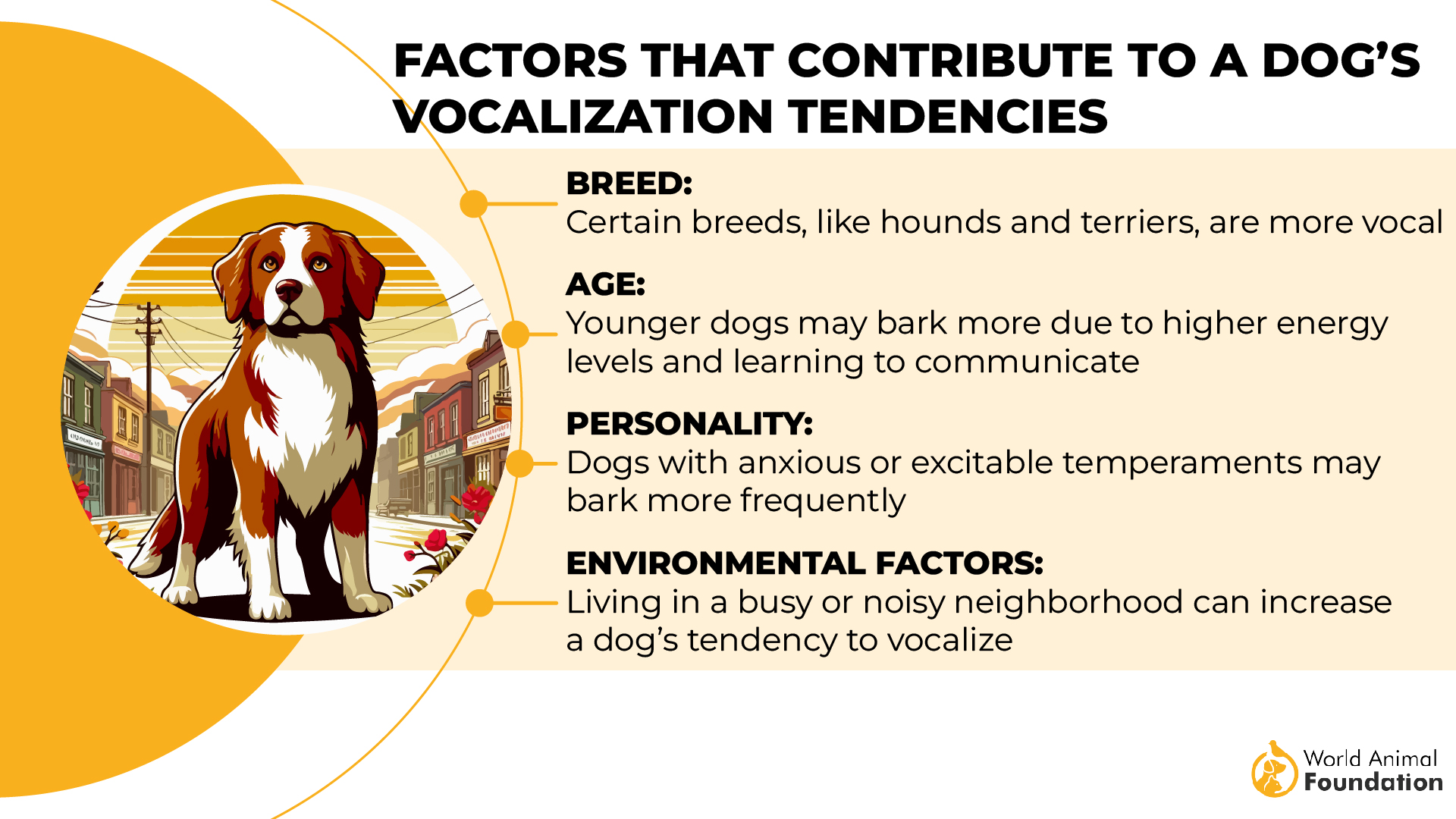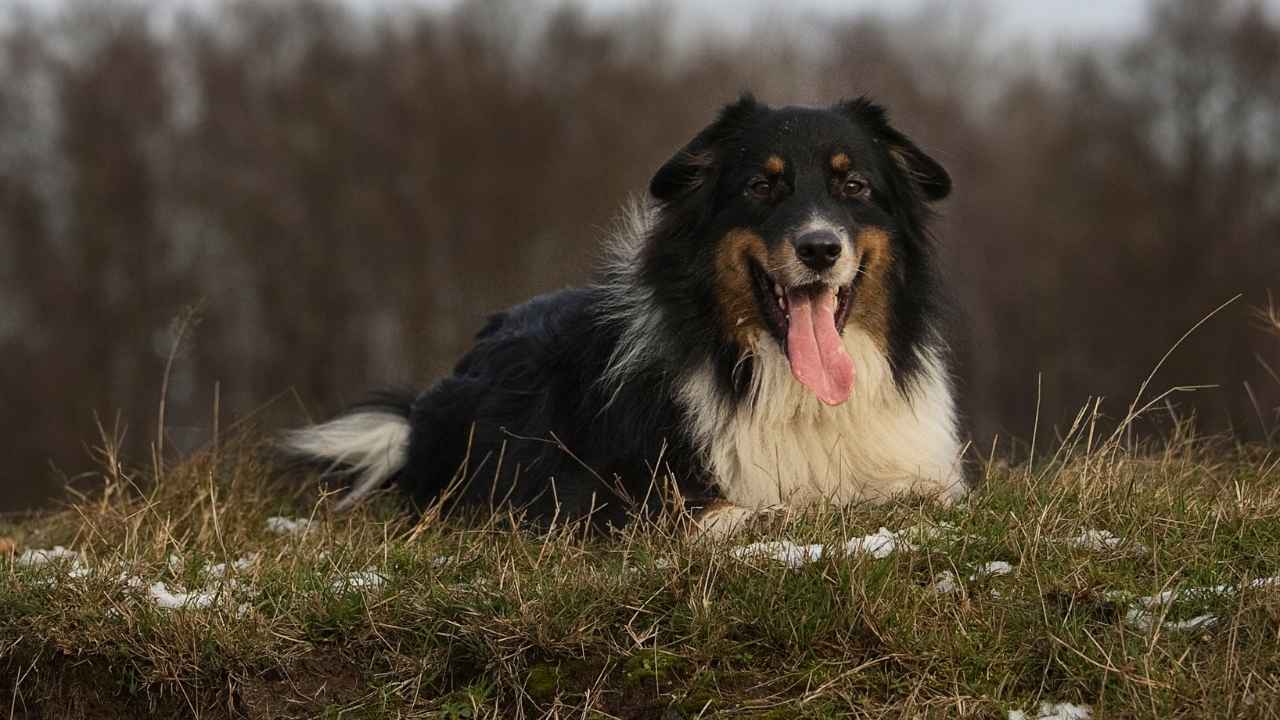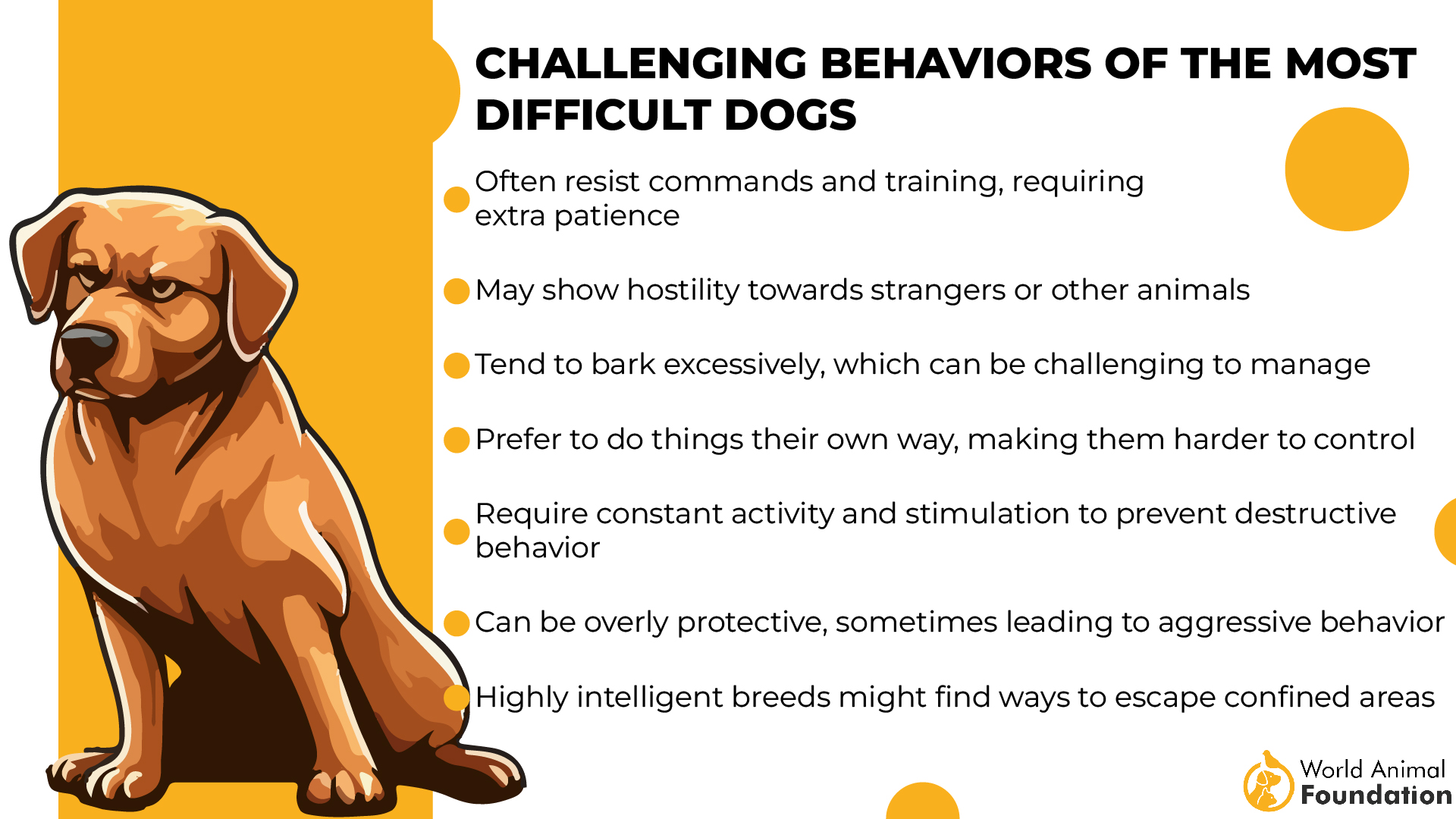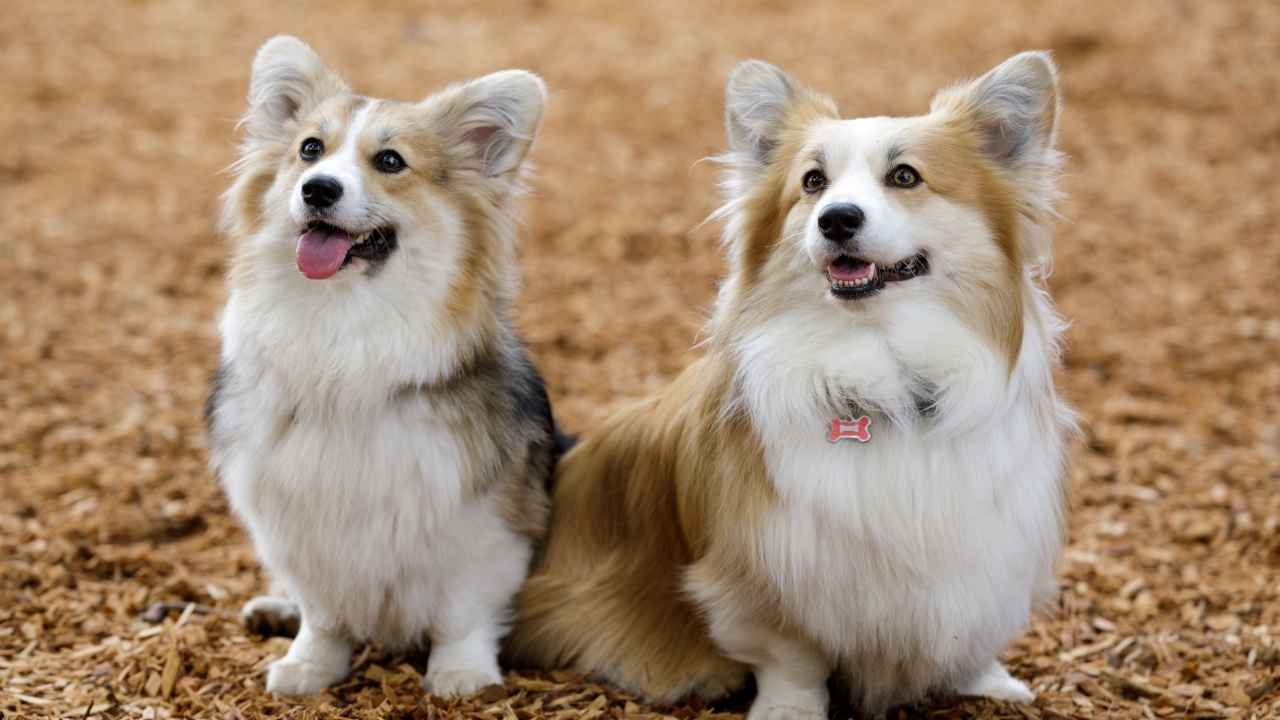Have you ever wondered which dog breeds possess the vocal power to make their presence known far and wide? Whether protecting their territory or alerting their humans to a potential threat, some dogs are renowned for their mighty barks that resonate with authority. In this exploration of canine vocal prowess, we delve into seven dog breeds with the loudest barks, revealing the fascinating world of these auditory giants. From city streets to the countryside, these breeds showcase not just volume, but a rich history of communication and companionship, demonstrating why they have captured the hearts of many dog lovers.
Dogs come in all shapes and sizes; one of their most distinctive characteristics is their bark. While some dogs prefer to stay quiet, others have a voice that echoes through the neighborhood. If you’ve ever had a dog with a thunderous bark, you know that it can be both charming and challenging. Some breeds are known for their powerful vocal cords, with barks ranging from sharp and alerting to deep and booming. Whether it’s to communicate excitement, protect their territory, or express themselves, these dogs aren’t shy about making noise.
From the herding Border Collie to the melodious Basset Hound, certain breeds stand out for their loud and persistent barking. While this vocalization often reflects their instincts, potential dog owners must understand the reasons behind the barking. Some dogs bark more when bored, anxious, or needing attention, while others naturally tend to be vocal.
If you’re considering one of these loudest dog breeds, it’s essential to be prepared for their noise, but with the proper training, even the noisiest of barks can be managed.
Dog Breeds with the Loudest Barks
1. Border Collie
Border Collies don’t just bark—they let it rip! With one of the loudest barks in the doggy kingdom, these vocal dynamos know how to make themselves heard. Whether they’re thrilled about playtime, feeling a bit stressed, or just trying to tell you about that squirrel in the yard, excessive barking is their ultimate reaction.
Why incredibly loud? Just like German Shepherds, they have a herding heritage. They were born to communicate! But let’s be real: a Border Collie can also get extra loud when things aren’t going their way.
Ignore them for too long? Bark.
Disrupt their dinner schedule? Bark.
Leave them alone with nothing to do? Oh, you know they’re going to bark.
From separation anxiety to plain old boredom, these clever pups don’t just sit quietly—they demand attention with their booming voices!
So, if you’re thinking of adding a Border Collie to your family, brace yourself for some serious vocal performances. These furballs aren’t just dogs—they’re chatty, opinionated, barking superstars who’ll keep you on your toes. And hey, with a bark that powerful, you’ll never miss what they’re trying to tell you!
2. Beagle
Beagles aren’t just vocal—they have the second loudest bark among these dogs! These scent hounds don’t settle for your average woof; they bring their A-game with an orchestra of sounds. From sharp, attention-grabbing barks to the iconic “baying” that echoes their hunting roots, a Beagle’s voice is unmistakable. Oh, and let’s not forget their signature howls—a loud, piercing symphony that could rival a siren.
Why all the noise? It’s all part of their charm! Beagles were originally bred as hunting hounds, trained to alert their humans when they caught a scent, even from a great distance. AKC says they are always curious!
So, whether they’re picking up an intriguing smell of other animals or things, reacting to a sound like a siren, or just feeling extra dramatic that day, they know how to inform you by being vocalized!
If you’re lucky enough to have a Beagle, prepare for an auditory adventure—they have one of the loudest barks in the dog universe and aren’t afraid to use it!
3. Shetland Sheepdog
Shelties, aka the small-sized bark machines of the dog world, know how to make their voices heard.
With their herding and guard dog instincts running strong, these little dynamos bark at just about anything—mailmen, strange noises, or even your dishwasher. Their vocal abilities, including barks, howls, and bays, come from generations of guarding sheep and alerting their humans to any sign of change or danger.
Whether bored, excited, or spot a mysterious squirrel, their bark isn’t just loud—it’s legendary even to wake the neighbors up!
And if a stranger dares approach? Prepare for an earful.
But here’s the silver lining: These canines are wickedly smart and super trainable. NAHF calls them intelligent dogs. With consistency, you can teach them to tone it down when it’s not bark-o’clock. From coin-filled cans and clickers to firm commands like “No bark!” and positive reinforcement, there are plenty of ways to manage their vocal enthusiasm.
So, if you’ve got the patience, a Sheltie’s endless chatter might be music to your ears. Or, at least… loud entertainment!
4. Australian Shepherd
Australian Shepherds, resembling Golden Retrievers in appearance, are born barkers—and boy, do they love to let you know what’s on their mind! Whether it’s strangers, squirrels, cars, or the weather, these hyper-intelligent working dogs are always on alert, thanks to their protective instincts.
They also bark when bored, lonely, or need to burn off some energy (a lot of it, honestly). These dogs, loved by children, thrive on activity and socialization. If you’re slacking on exercise or leaving them to their own devices, expect a loud, never-ending concert!
But fear not, dear Aussie owner—training these brilliant pups to dial down the volume is totally doable (with patience, of course). Positive reinforcement works wonders: ignore their barking fits, reward quiet behavior with treats and affection, and introduce a calm, firm command like “Quiet” when they’ve settled.
Keep them busy with exercise and love, and maybe a closed window to curb those stranger-barking episodes. You can turn your affectionate Aussie’s vocal stylings into a more manageable soundtrack with time and commitment.
But let’s be honest—these gentle loudmouths will always have something to say!
5. Basset Hound
Basset Hounds, with their deep, booming bark, are like the opera singers of the dog world—dramatic, loud, and impossible to ignore! Their vocal cord is strong, as PetMd mentions. They easily get a workout for all kinds of reasons: a strong prey drive, separation anxiety, socializing with other dogs, or even a random scent wafting by.
These pack-loving loyal pups don’t just bark; they announce their feelings, be it boredom, excitement, or frustration. Add in their stubborn streak, and you’ve got yourself a dog that barks to make sure its message is heard loud and clear.
Managing their bark-fests is all about understanding the “why.” Is it separation anxiety, boredom, or a squirrel on TV? Exercise, mental stimulation (think puzzle toys), and consistent training with positive reinforcement work wonders.
Teaching commands like “quiet” and providing plenty of attention can also help curb their noise. But let’s be honest—Bassets will bark, and they’re not shy about it.
6. Pembroke Welsh Corgi
Corgis are the royalty of barking, and their vocal prowess is no joke! Bred to herd livestock, these playful dogs have bark as big as their personality—loud, commanding, and utterly unapologetic. Both Pembroke and Cardigan Corgis love to make their presence known, though Cardigans might win the “barking Olympics” by a hair.
Whether it’s a rabbit, a knock at the door, expressing excitement, or just showing boredom, these herding instincts kick into overdrive, making them the ultimate chatterboxes.
But don’t despair—managing their constant commentary is possible with a little effort. Keep distractions out of sight, reward soft behavior, and stimulate them mentally and physically. Training them to channel their energy into alternative actions, like heading to a specific spot instead of barking, can work wonders.
And remember, punishing their bark won’t solve the issue. With love, patience, and some clever tricks, you’ll learn to live harmoniously with this lovely family companion.
7. American Foxhound
American Foxhounds are the definition of loud and proud! These hunting dogs have a strong, melodious howl and a penchant for barking, thanks to their natural instincts to communicate with their pack and alert their owners of any intruders. Omlet says they were originally bred and used as hunting dogs!
They may not be sled dogs, but their loud and proud barks are a perfect match for their hunting heritage, much like the communication needs of sled teams
Their powerful barks can vary in frequency, but rest assured; you’re not getting a quiet dog with this breed. Whether it’s a territorial warning, separation anxiety, or excitement, American Foxhounds are vocal, and they’ll make sure you know it!
Managing their barking may take some work, but it’s doable. Start with early socialization, consistent training, and plenty of exercise to burn off their boundless energy. Positive reinforcement is key—reward them when they’re quiet and redirect their attention when they start barking at every passing squirrel.
It’s worth noting that creating a calm environment, with mental stimulation like puzzle toys, can help relax them. And if their barking becomes too much, don’t hesitate to seek professional help.
Conclusion
In conclusion, loud barks are part of the package for certain dog breeds. While it can be overwhelming at times, it’s also a sign of a dog full of energy, enthusiasm, and a desire to communicate. Whether it’s a Border Collie’s continuous chatter, a Beagle’s baying, or a Sheltie’s watchdog barks, each breed brings its unique vocal flair. Apart from these dogs, others that bark to some extent and alert their owners to potential intruders or simply join in the fun during playtime are Siberian Huskies, Yorkshire Terriers, Scottish Terriers, Rottweiler Rottweilers, Chihuahuas, and Doberman Pinschers.
If you want a moderately barking dog, opt for Huskies or Pitbulls.
With patience, proper training, and plenty of exercise, owners can manage the noise and enjoy the companionship of these vocal pups. If you’re ready for a dog with a big voice, these breeds will never leave you wondering what they’re trying to say!
In conclusion, the diverse world of dog breeds presents a fascinating array of vocal capabilities, particularly when it comes to barking. The seven breeds known for their loud barks—each with unique temperaments and characteristics—underscore the importance of considering a dog’s vocal tendencies when choosing a pet. While their powerful barks can be advantageous for protection and alerting to danger, potential owners should weigh this trait against the suitability for their living environment. Understanding and accommodating these breeds’ needs can lead to harmonious cohabitation and a rewarding relationship between dogs and their human companions.

